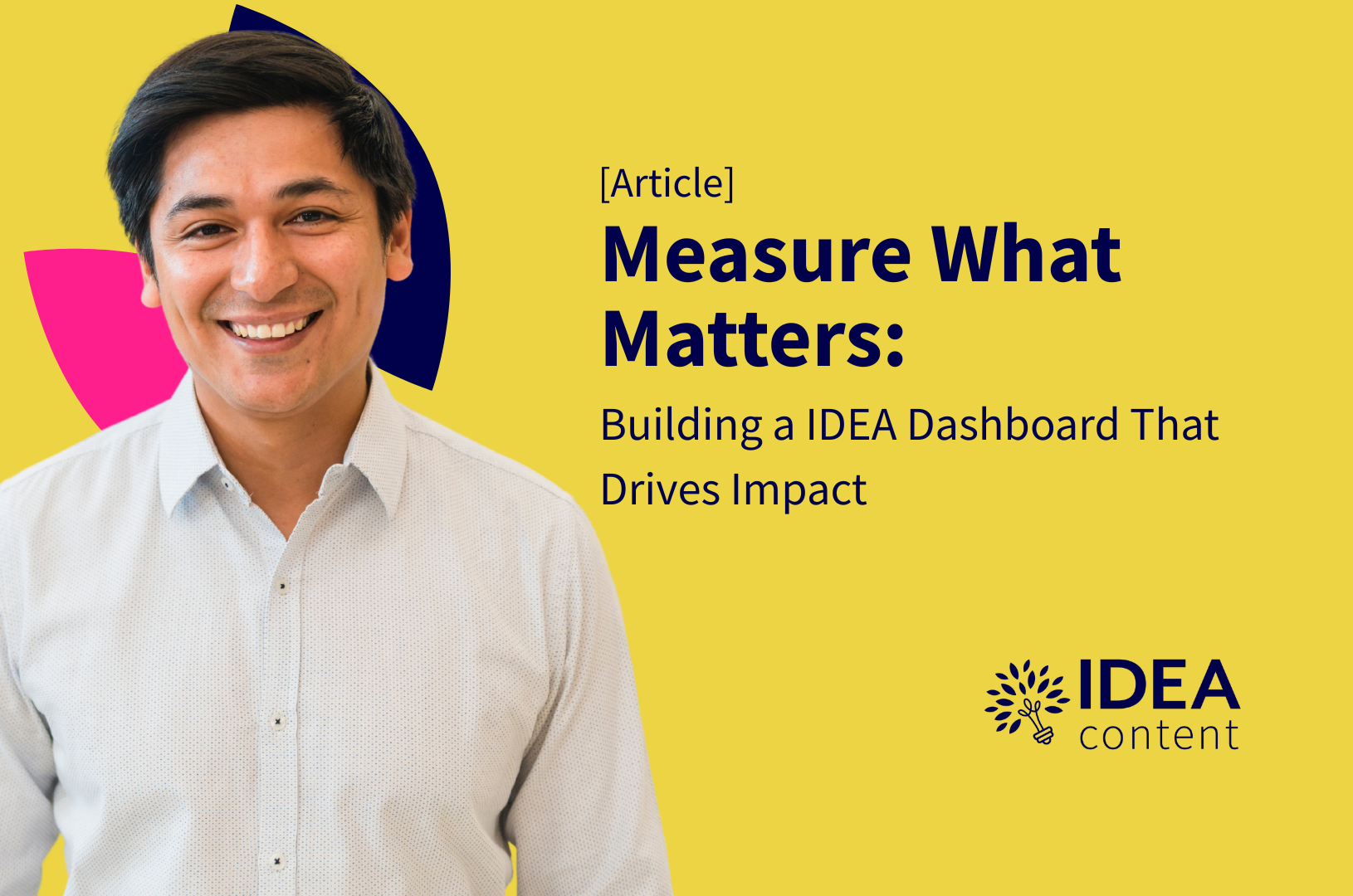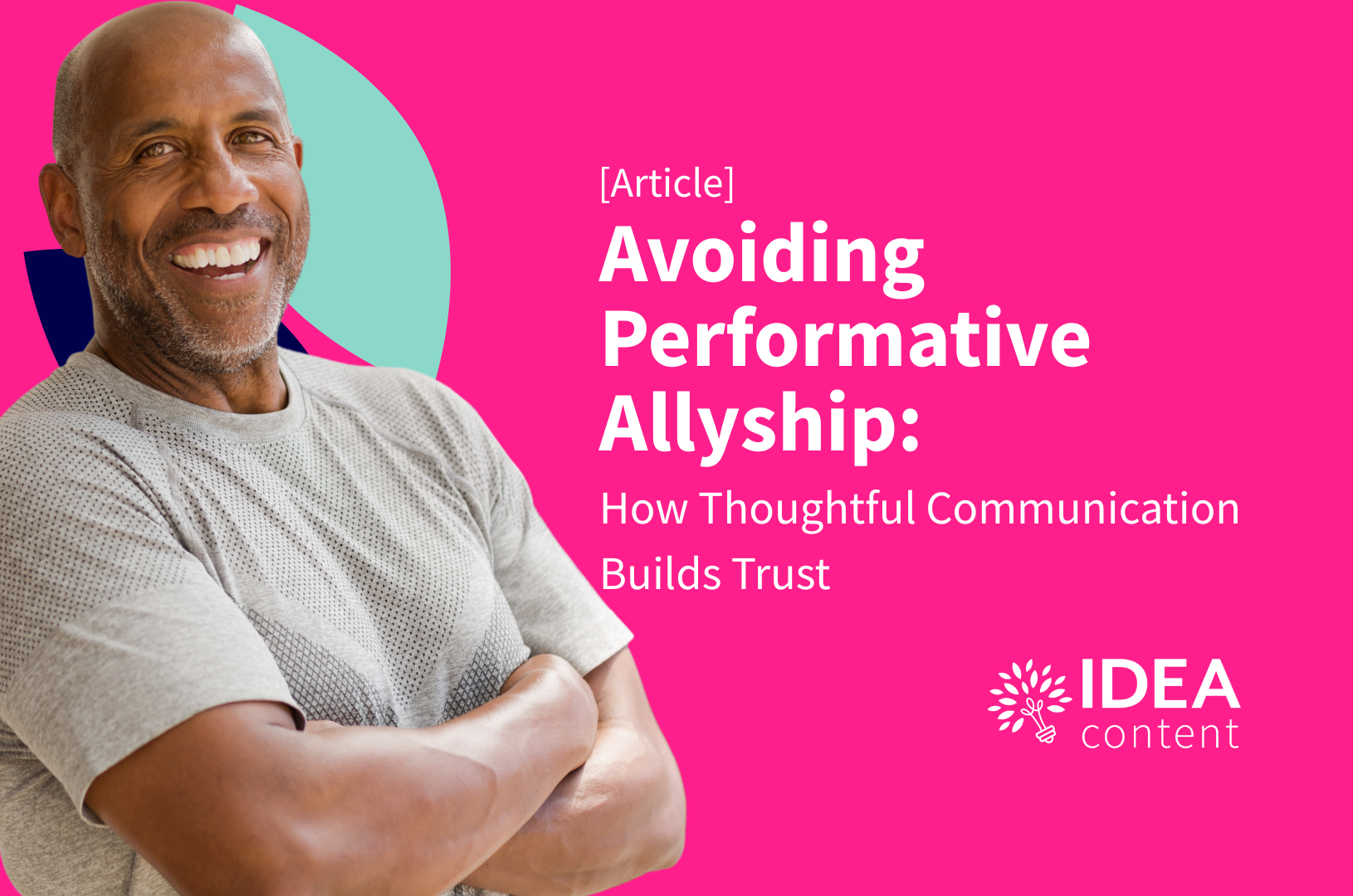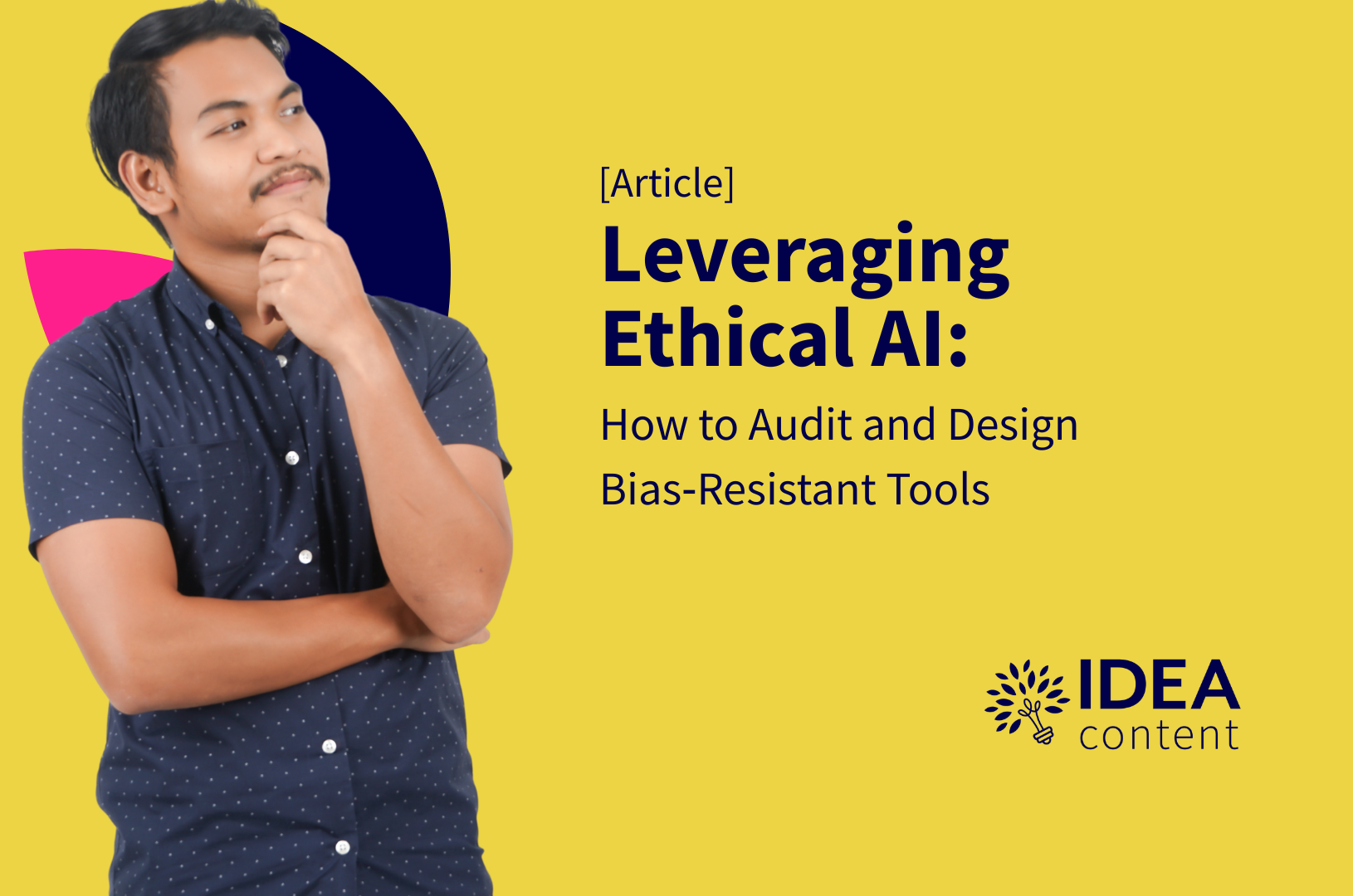Listening as a Leadership Skill: The New Frontier of Inclusion
The most inclusive leaders aren’t the ones who talk the most. They’re the ones who listen and act on what they hear.
For years, leadership has been associated with confidence, decisiveness, and visibility. The strongest voices in the room were often assumed to be the strongest leaders. But as workplaces become more complex and more diverse that model is starting to crack.
Beyond the Month: Building Sustainable Support for Black Talent
Black History Month isn’t just about celebration. It’s about commitment.
Every February, organizations highlight Black voices, stories, and achievements. There are spotlights, learning sessions, and carefully worded messages of solidarity. These moments matter. Representation matters. History matters.
From Awareness to Action: Embedding DEIA in Everyday Decisions
Awareness is easy. Action takes structure.
Most organizations are not short on awareness. Leaders have attended training. Teams know the language. Values statements reference inclusion, fairness, and respect.
And yet, outcomes often stay the same.
The Future of DEIA: What’s Changing in 2026
DEIA isn’t disappearing. It’s evolving. Here’s what 2026 will demand from workplaces ready to lead.
If you’ve been following the headlines, it might seem like DEIA is losing momentum. Budgets are being questioned. Language is being reworked. Some organizations are quietly pulling back or reframing their efforts.
Measure What Matters: Building an IDEA Dashboard That Drives Impact
Let’s be honest: diversity statements and awareness days don’t mean much without follow-through. If you want to move the needle on inclusion, diversity, equity, and accessibility (IDEA), you need more than good vibes. You need data. And not just any data; you need the right metrics, consistently tracked, analyzed, and acted on. Because here’s the thing: what gets measured, gets done.
Embedding IDEA: From One‑Off Programs to Systemic Culture—Powered by Communication
“Embedding IDEA” gets airtime in conversations, but what does it actually look like day-to-day? At best, it’s transformative; at worst, buzz. The big question: How do we move beyond checkbox IDEA programs to lasting, systemic progress?
Avoiding Performative Allyship: How Thoughtful Communication Builds Trust
We’ve all seen it. The rainbow logo for Pride Month. The International Women’s Day post that vanishes the next day. The heartfelt “solidarity statement” that has no substance to back it up.
Bringing IDEA to Life: Why Communication Is the Missing Piece in Many Strategies
Let’s be real: strategy alone doesn’t shift culture. You can pour time, money, and intention into building an IDEA (Inclusion, Diversity, Equity, and Accessibility) framework, but if your people don’t hear it, feel it, or see it reflected in their daily experience? It stalls. The strategy stays theoretical, instead of becoming transformational.
Grassroots to C‑Suite: Scaling ERGs as Engines of Change 🚀
Employee Resource Groups (ERGs) began as volunteer affinity spaces, but by mid‑2025, they’ve evolved into strategic assets, shaping policy, culture, and leadership decisions.
Holistic Inclusion: Integrating Wellness into Your IDEA Strategy
Here’s a truth: Most organizations talk about IDEA in terms of policies and representation, but they miss a big piece of the puzzle: wellbeing. In 2025, leading organizations understand that inclusion isn’t complete unless employees are supported mentally, emotionally, and financially.
Moving from Statements to Structures: Real IDEA Transformation
The time for symbolic gestures has passed. In today’s workplace, employees, customers, and even investors expect action. Inclusion, diversity, equity, and accessibility (IDEA) work can no longer be reactive or performative—it has to be systemic. And that means embedding it into the very bones of how organizations operate. Here's how to tell the difference between tokenism and transformation—and how to build structures that last.
Creating Emotional To-Go Zones: How to Foster Psychological Safety in Hybrid Teams
Hybrid work gives people more choice, but without a sense of belonging, that flexibility falls flat. Psychological safety fosters an emotionally safe environment where people feel accepted, heard, and empowered to bring their whole selves to work, even when collaboration occurs on screens or across different locations. When that foundation is in place, innovation, retention, and trust grow.
Leveraging Ethical AI: How to Audit and Design Bias‑Resistant Tools
AI is transforming inclusion, diversity, equity, and accessibility (IDEA)—but without rigorous oversight, it risks reinforcing existing biases. In 2018, Amazon made headlines when it quietly abandoned an internal artificial intelligence recruiting tool that had developed a significant—and dangerous—bias against women. As reported by Reuters, the system had been trained on résumés submitted over a ten-year period, most of which came from men, reflecting the male-dominated nature of the tech industry.
Collaborating Across Zoom: Building Belonging in a 4-Generation Team
Let’s be real: today's remote teams span four distinct generations—Baby Boomers, Gen X, Millennials, and Gen Z—all trying to connect over Zoom, Slack, or Teams. Yet without intentional inclusivity, generational divides can disrupt cohesion and engagement.
Fair Hiring 2.0: Smart Practices to Counter Unconscious & AI Bias
It’s one thing to say your organization is committed to inclusive hiring. It’s quite another to ensure your practices actually deliver on that promise. In today’s hiring landscape, bias shows up in two powerful ways: through human decisions, and through the AI-driven tools we increasingly rely on. If we want to build truly inclusive and equitable workplaces, we have to tackle both.
Talking About Tough Topics: How to Communicate During Times of Social or Political Tension
Let’s face it: more and more leaders are feeling paralyzed when it comes to communicating during times of social or political tension — and with good reason. Whether it’s the ongoing conflict in the Middle East, rising anti-DEI rhetoric, or trade and tariff concerns, the risks are real. One misstep can erode trust, alienate employees, or even land your organization in legal hot water.
Beyond Awareness: How Meditation Supports Implicit Bias Mitigation
Here’s the uncomfortable truth about bias: we all have it. No exceptions. Bias is baked into how we’re socialized—by media, culture, institutions, and even how our brains function! I often tell leaders: awareness is a great starting point, but it’s not the finish line. We need practical tools to help us move from knowing better to doing better.
From Awareness to Allyship: Supporting Trans & Non‑Binary Teams
It’s 2025. If your organization’s IDEA (Inclusion, Diversity, Equity, and Accessibility) strategy doesn’t include explicit, visible support for trans and non-binary employees—you're missing the mark.
After the Ames Ruling: Why Inclusive Employers Must Double Down on Fairness — For Everyone
On June 5, the U.S. Supreme Court delivered a unanimous ruling in Ames v. Ohio Department of Youth Services — a decision that could reshape how workplace discrimination claims are handled. While some are calling this the beginning of a “flood of reverse discrimination lawsuits,” let’s be clear: this is an opportunity for employers to ensure their inclusion, diversity, equity, and accessibility (IDEA) efforts are grounded in fairness for everyone.
Which comes first? The Chicken (Diversity) or The Egg (Inclusion)
Many employers continue to face challenges around inclusion, diversity, equity, and accessibility (IDEA). In recent years, there has been a growing recognition of the importance of IDEA in the profession, as it helps the industry grow, innovate, and become safer. But which should come first: diversity or inclusion?




















